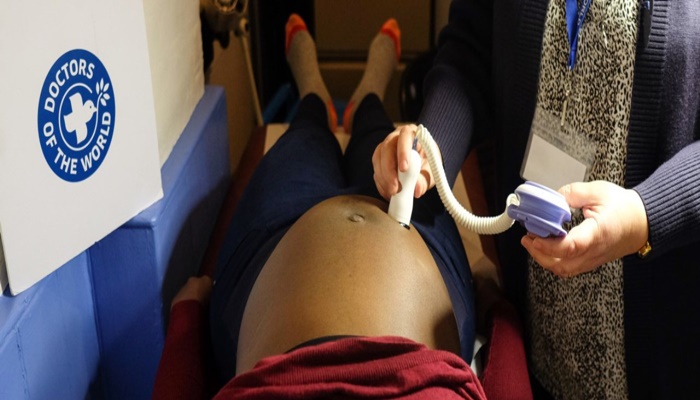COVID-19 Lockdown: Nigerian women risk high rate of rape, unwanted pregnancies – Family health expert

Ms. Ajani Oluwatobi, a family health expert, says unless adequate measures are put in place, the lockdown occasioned by COVID-19 pandemic will expose Nigerian women to high risk of rape and unwanted pregnancies.
Oluwatobi made the assertion in a statement she signed and issued to newsmen on Tuesday in Asaba.
She is the Family Planning 2020 (FP2020) Youth Focal Point, Nigeria for Development Communications (DevComs) Network and Nigerian Urban Reproductive Health Initiative (NURHI II).
The family health expert said that the lockdown would expose the women, particularly the younger ones and those within reproductive age, to danger by aggressive men who currently were idle.
According to her, Nigerians should be concerned about high rate of conception and unplanned pregnancy at this time of lockdown against the Corona Virus Disease (COVID-19) in the country.
“Though, it might seem that Sexual and Reproductive Health (SRH) should be the least of our worries during this COVID-19 outbreak, however, learning from the Ebola experience, such situations could increase the risk of the vulnerable population.
“Such situations often result in internally displaced persons, women and girls being exposed to rape, teenage pregnancy, unplanned pregnancy, sexually transmitted infections, gender-based violence and domestic violence.
“The coronavirus pandemic is currently affecting the global economy and basically disrupting the world order, and as the days go by, we have continually seen how the unexpected situation affects every aspect of our lives.
“But the sure question is who thinks about sexual activities when people are getting sick and some are dying from COVID-19,” she stated.
Oluwatob said that the social distancing and the lockdown directives of government were reasonable but not without their negative consequences.
According to her, the stay-at-home order which involves closing down offices, businesses, schools, markets and others, creates room for idleness.
“It makes a lot of people including young people very idle. Consequently, adolescent girls and vulnerable women end up in various compromising situations.
“For instance, the young girl that finds school as a safe space is back in the house with that abusive uncle, neighbor or stepfather.
“That woman who intentionally spends most of her time selling in the market to avoid engaging in sexual activities with her husband especially for fear of pregnancy is now stuck with him at home.
“Young people in relationships are more likely to engage in consensual sexual activities this period.
“We should be concerned about high rate of conception and in turn unplanned pregnancies at this period,” she said.
Oluwatobi urged all stakeholders particularly the media to create the awareness and ensure people took the right options as regards their sexual and reproductive life during the period.
“This serves as a reminder to us that social distancing or the stay- at- home policy is not a license to perpetuate gender-based violence, rape, sexual assault, sexual harassment and domestic violence.
“Also, it is crucial that we all take responsibilities for our sexual needs during this time.
“Married and co-habiting couples who are not on a long-acting contraceptive and family planning method should remember to stock up condoms.
“Young people should endeavor to abstain at this time and if they can’t get handy condoms and emergency contraceptives.
“The reality is that this is not a good time to have unplanned pregnancies because the pressure of the pandemic on the health system will affect and disrupt routine Sexual and Reproductive Health (SRH) services,” she said.
Oluwatobi listed such SRH services as family planning, ante-natal services, post-abortion care services, immunisation services, among other. (NAN).






